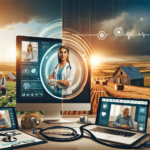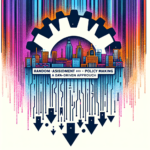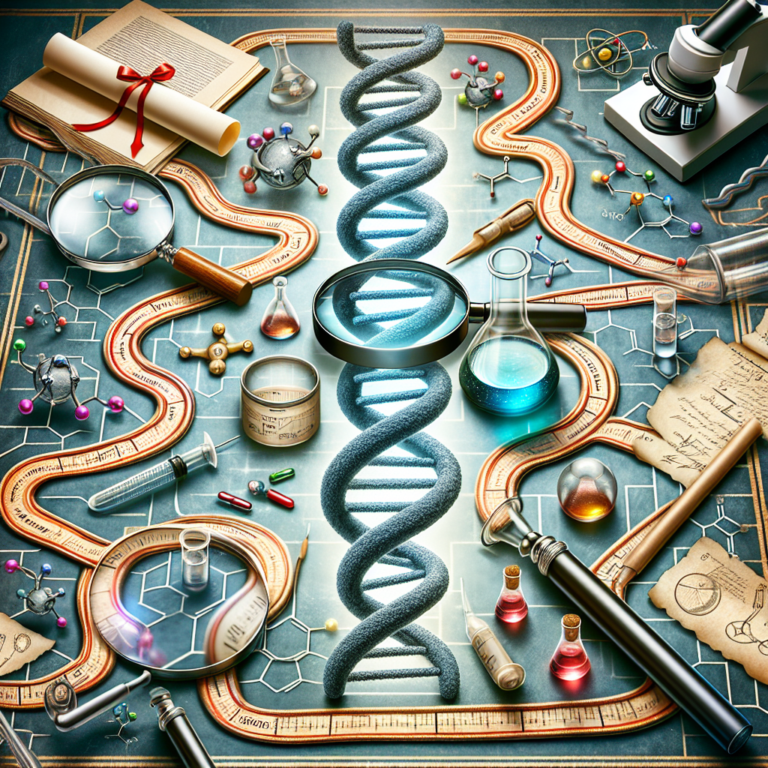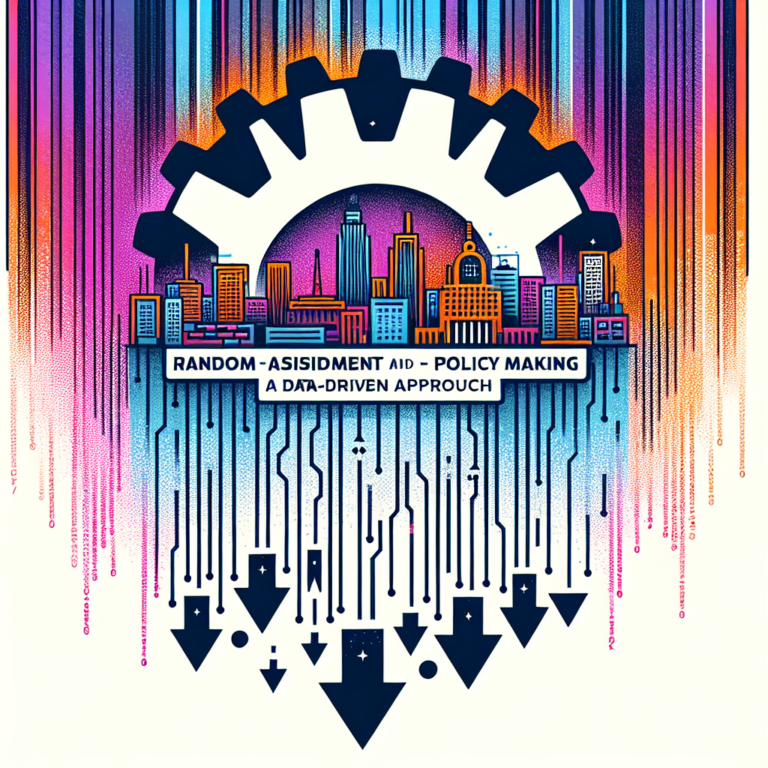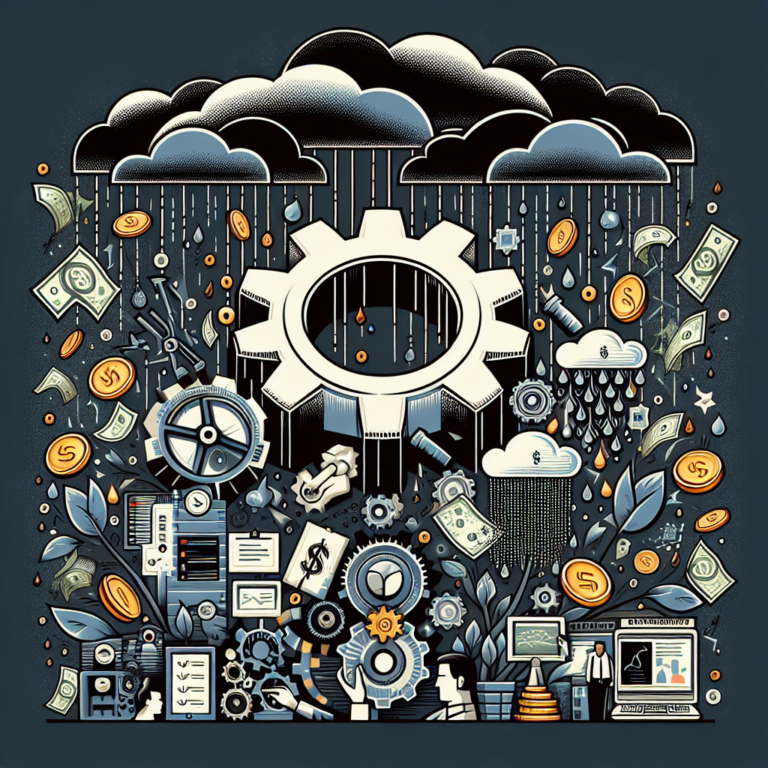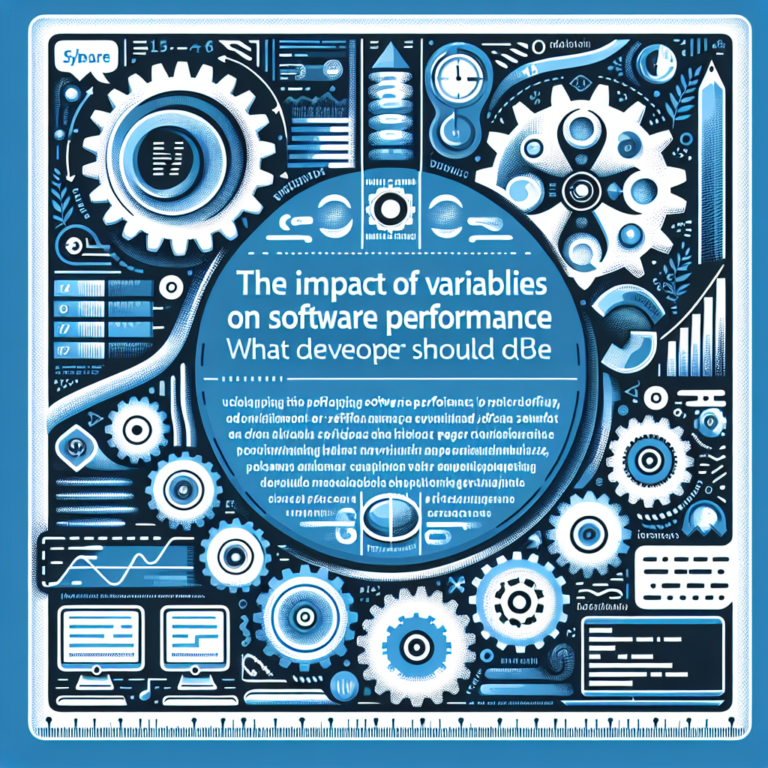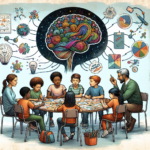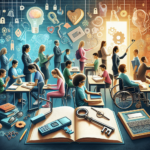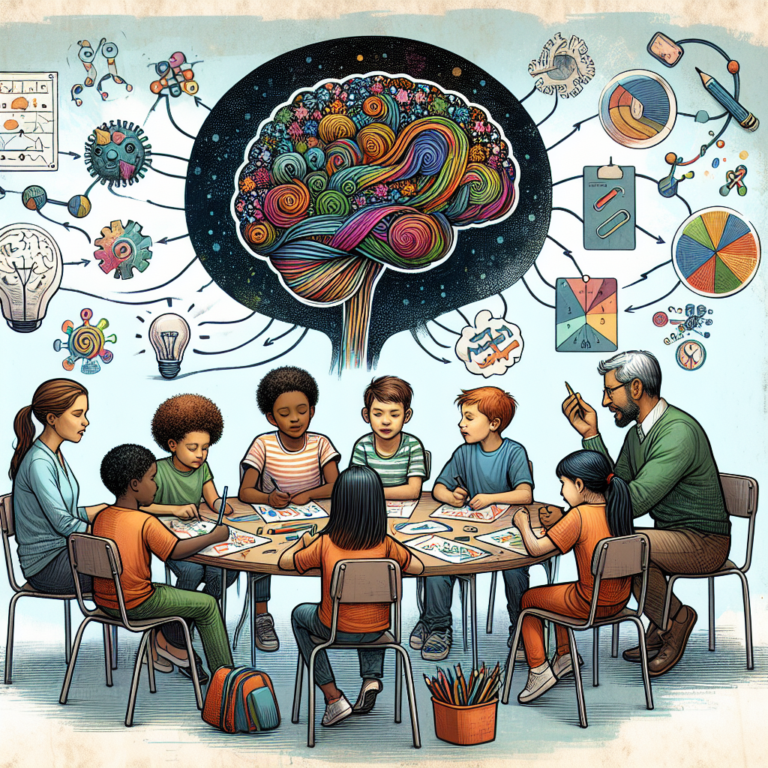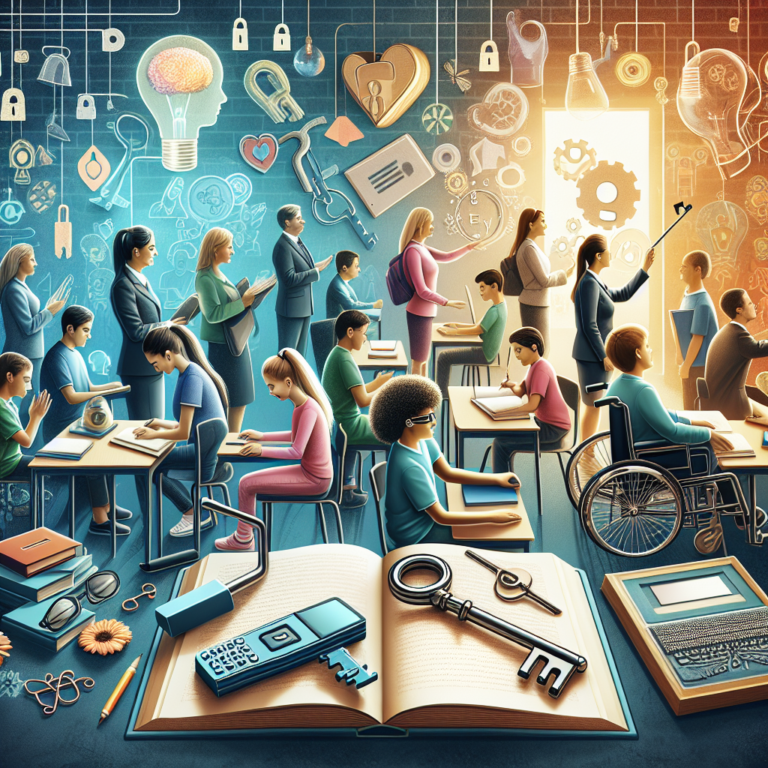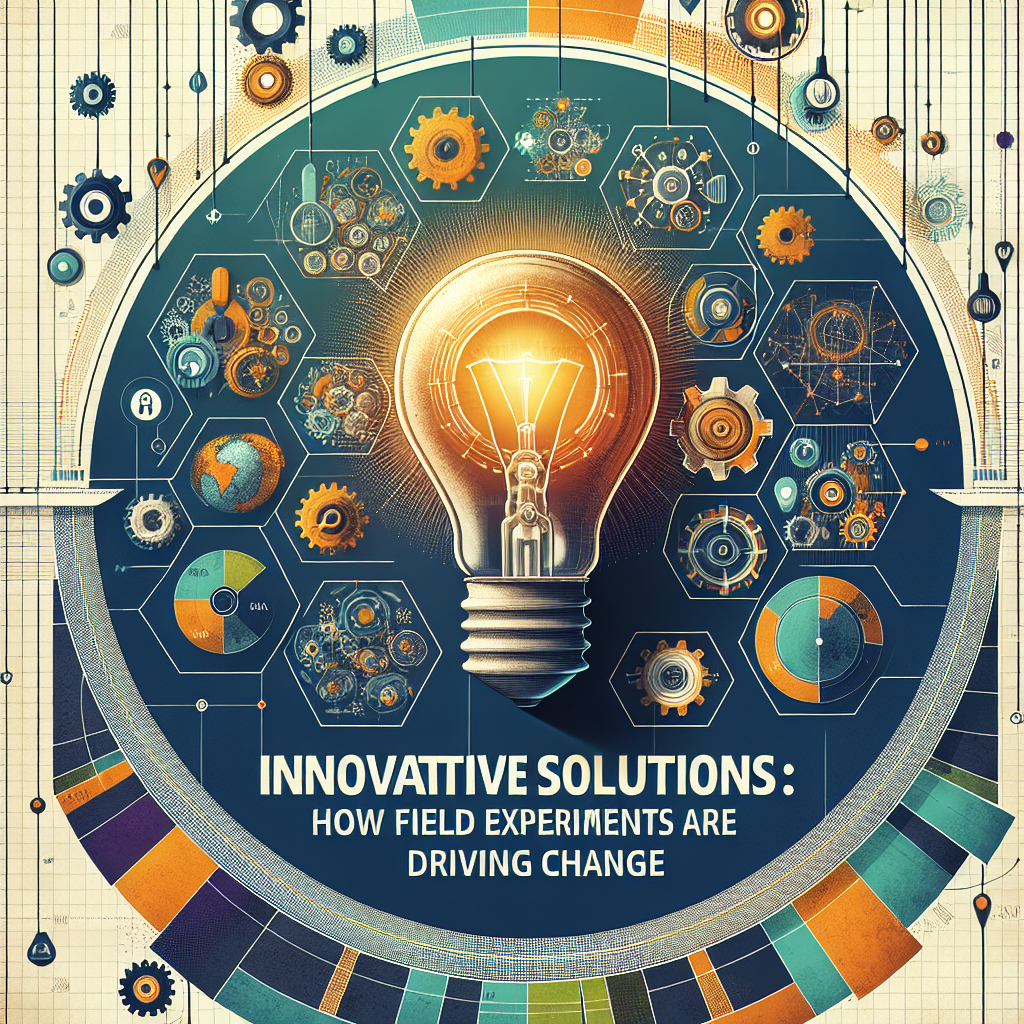
Introduction
In an era defined by rapid technological advancements and shifting societal needs, the world of education finds itself at a tantalizing crossroads. How do we develop innovative solutions that not only respond to the challenges of today but also prepare learners for tomorrow’s complexities? One answer lies in field experiments—an invaluable method for testing theories in real-world settings. This article dives deep into the innovative solutions emerging from field experiments and explores how they are driving transformative change in the education sector.
Understanding Field Experiments in Education
Field experiments involve applying scientific methods in real-world environments, allowing data to guide the development of educational policies and practices. Rather than relying solely on theoretical models or isolated studies, the education sector is increasingly recognizing the power of empirical evidence gathered through direct observation and experimentation. This hands-on approach is reshaping how educators, policymakers, and stakeholders think about teaching and learning.
Why Are Field Experiments Essential?
- Contextual Relevance: Unlike traditional research, field experiments take place where learning actually occurs. This context allows for findings that are more applicable and practical.
- Real-Time Data: Teachers and administrators can collect immediate data feedback to evaluate the effectiveness of a new teaching method or curriculum, enabling swift adjustments.
- Engagement and Motivation: By involving students in practical experiments, educators can increase engagement and motivate learners to explore and understand their environment.
Case Studies Illustrating Innovative Solutions
Case Study 1: The Efficacy of Personalized Learning
In a groundbreaking field experiment at a large urban high school, educators implemented a personalized learning curriculum tailored to individual student needs. Over the course of a school year, students who received this customized approach showed a 15% increase in math scores and a 20% rise in reading proficiency compared to their peers in a traditional setting.
Analysis
This case illustrates how innovative solutions, such as personalized learning, can be scientifically evaluated through field experiments. The results underscore the effectiveness of catering educational practices to individual learning styles and needs, providing compelling evidence for further adoption of such methodologies across schools.
Case Study 2: Gamification in Classrooms
Another notable field experiment was conducted in primary schools to assess the impact of gamification on student engagement. By integrating game elements into the curriculum, researchers observed a 30% improvement in attendance and a 25% increase in task completion rates.
Analysis
The study highlights how innovative solutions like gamification can boost engagement and participation among students, suggesting directions for future pedagogical developments. By implementing gamified learning strategies, educators uncover powerful ways to captivate today’s digitally adept learners.
Case Study 3: Teacher Training and Support
In a unique experiment funded by an educational non-profit, a group of teachers received targeted training in using technology in the classroom. The results revealed that students taught by these skilled educators exhibited a 40% increase in performance on standardized tests compared to those taught by teachers who did not receive the same training.
Analysis
This field experiment serves as an excellent example of how investing in teacher development can lead to innovative solutions that yield measurable improvements in student achievement. It stresses the importance of proper training and support in ensuring educators can effectively implement cutting-edge educational tools.
The Power of Data-Driven Decision-Making
As we progress further into a data-driven era, it becomes critical for educational institutions to create environments that encourage experimentation and learning from failure. Innovative solutions flourish when educators are empowered to test new ideas and methodologies through field experiments and adjust their strategies based on real outcomes.
Building a Culture of Experimentation
- Leadership Support: School leaders must foster an atmosphere where teachers feel encouraged to innovate and explore new ideas without fear of failure.
- Collaboration: Teams should be encouraged to collaborate on new initiatives, pooling resources and knowledge to drive success further.
- Continuous Assessment: Regular assessment cycles ensure that the results of field experiments inform and influence pedagogical approaches.
Overcoming Challenges in Field Experiments
While field experiments present many opportunities for innovative solutions, they are not without challenges. Here are some common hurdles educators face:
- Resource Limitations: Funding and time constraints can severely limit the scope of field experiments.
- Resistance to Change: Some educators may be hesitant to adopt new methods, preferring traditional teaching styles that offer a sense of comfort.
- Data Management: Collecting and analyzing data can be daunting, especially for educators who may not be trained in data science.
Strategies to Overcome These Challenges
- Funding Opportunities: Schools can seek grants from educational foundations or collaborate with universities to access additional resources.
- Change Management: Workshops and training sessions focused on the benefits of innovative solutions can help ease the transition.
- Utilizing Technology: Leveraging educational technology tools can streamline the data collection process, making it easier to manage and analyze findings.
Innovative Solutions and Their Broader Implications
The success of field experiments in education can have profound implications beyond the classroom. As one innovative solution leads to another, we witness a ripple effect that influences policies, teaching methods, and teacher training programs on a larger scale.
Influencing Educational Policies
Research stemming from field experiments can inform policy decisions, guiding funding allocations and educational reforms. For instance, successful innovations at the local level may inspire statewide initiatives to adopt similar strategies, amplifying their positive impact on student outcomes.
Shaping Future Educators
Teacher training programs can benefit significantly from insights gained through field experiments. Future educators can be better prepared to face challenges by understanding what works and what doesn’t in real classroom settings.
Inspiring Global Change
The learnings derived from field experiments in one region can inspire educators worldwide to adopt similar tools and strategies, fostering a collaborative global education community driven by continuous improvement and innovation.
Conclusion
The educational landscape is continuously evolving, and field experiments provide innovative solutions that inform and drive meaningful change. By embracing a culture of experimentation and leveraging the insights gained from these empirical studies, educators can move towards more effective, impactful teaching practices.
As we venture into a future filled with challenges and possibilities, let the innovative solutions emerging from field experiments serve as a beacon of hope, inspiring educators and policymakers around the globe to bridge the gap between traditional methods and the needs of increasingly diverse learners.
Frequently Asked Questions
1. What are field experiments, and how do they differ from traditional research methods?
Field experiments involve testing educational theories in real classroom settings, providing practical insights, while traditional research often relies on theoretical models or isolated studies.
2. How can educators implement field experiments in their classrooms?
Educators can collaborate with researchers, seek funding, and encourage a culture of experimentation where new teaching methods and strategies can be tested and refined.
3. What are the key benefits of using field experiments in education?
Field experiments yield contextually relevant data, allowing for real-time feedback on educational practices, thus facilitating immediate adjustments that can enhance student learning.
4. Are there any risks associated with field experiments?
Yes, challenges such as resource limitations, resistance to change, and data management can pose risks. However, these can be mitigated through strategic planning and support.
5. How can policymakers benefit from insights gained through field experiments?
Policymakers can use findings from field experiments to inform educational reforms, funding initiatives, and implementation of successful teaching methodologies on a broader scale.
By continually investigating, testing, and refining educational practices through field experiments, the sector can create a dynamic environment that promotes innovation and excellence in learning. The journey toward effective education is ongoing, and it is driven by the willingness to experiment, learn, and adapt.

